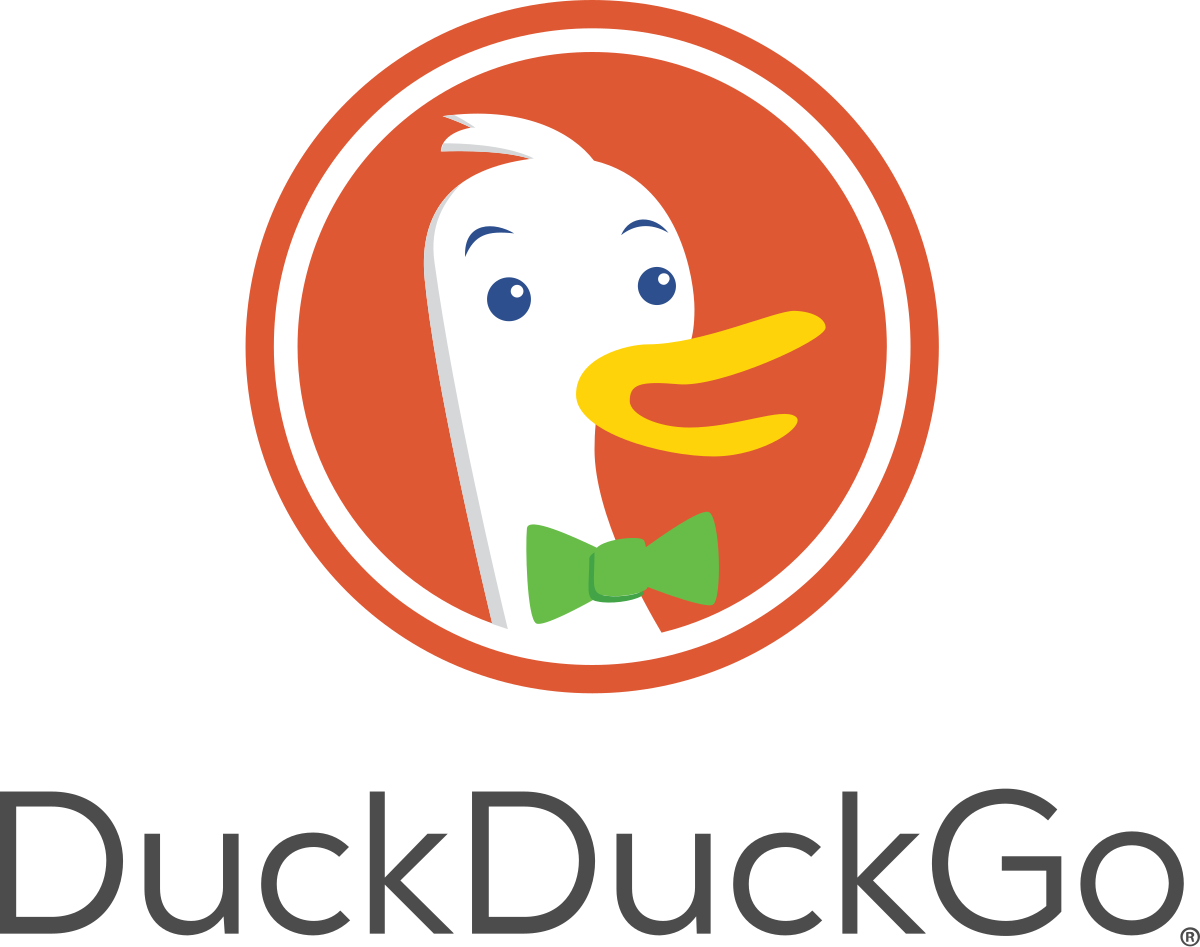Introduction
DuckDuckGo is profitable based mostly on keyword-based search advertisements. DuckDuckGo also has non-tracking affiliate partnerships with Amazon and eBay. The Business model of DuckDuckGo involves its business plan, revenue model, its competitors, SWOT Analysis and many more.

DuckDuckGo, abbreviated as DDG, is an internet search engine that emphasizes protecting searchers’ privacy and avoiding the filter bubble of personalized search results.
Gabriel Weinberg launched this search platform in September of 2008 after two years of the launch, the company started to offer private searches for its users.
Business Plan
In DuckDuckGo’s case, the company developed its business model, which focused on privacy. The company is proud to have a business model that’s profitable without making searchers’ personal information the product. DuckDuckGo has built a business model based on differentiating its value proposition from Google.
Google’s value mainly comes from its ability to track its users to offer targeted ads. While this strength makes it attractive for businesses to pay for Google ads and publishers to know what content users want, that might also be a weakness.
DuckDuckGo promises not to share user data with any third parties. It’s a true privacy-focused search engine, and it works with a similar interface to Google. The company doesn’t curate or censor its search results the same way as Google, and you get an unbiased view of the internet.
The DuckDuckGo search engine promises that it will never share or sell any information about its users. This alternative to Google aims to protect user privacy while still maintaining a user-friendly interface. Unlike Google, DuckDuckGo doesn’t sanitize its search results before presenting them. For instance, if you use a politically charged phrase in a Google search, you can get results that appear off, as if the search engine were tailoring its suggestions to you instead of returning the best results.
Revenue model
DuckDuckGo makes money in two simple ways: Advertising and Affiliate Marketing. Advertising is shown based on the keywords typed into the search box. Affiliate revenues come from Amazon and eBay affiliate programs. When users buy – after getting on those sites through DuckDuckGo – the company collects a small commission.
DuckDuckGo makes money by offering licensing fees for its radar tracking tool, affiliate commissions, and keyword advertising.
The terms typed into the search bar are used to show ads to people who are likely to be interested in them without giving away any personal information. Because of this, people are not shown ads that are relevant to them based on what they have done online in the past. Advertisements on the website can be hidden at the user’s discretion.
DuckDuckGo also greatly benefits from affiliate earnings, which are earned whenever a user clicks on a product and then purchases it. DuckDuckGo has teamed up with industry heavyweights like Amazon and eBay to promote their products. Depending on your search, a box may appear where these partners’ products will be displayed.
Comparison
The search engine has a big comparison with Google, the best in the world.
On Google, your searches are tracked, mined, and packaged up into a data profile. Then, advertisers present banner ads using Google’s massive ad networks that embedded across millions of sites and apps across the Internet. Whereas, every search on DuckDuckGo is anonymous. Google also makes most of its money through the same approach.
Most business people argue that Google’s competitive advantage is in the data it has and how it repackages it. Therefore DuckDuckGo’s business model starts from a weakness in Google’s value proposition.
Competitors
- Brave Search
- Swisscows
- Gibiru
- Startpage
- Qwant
SWOT Analysis
Strengths
- Privacy: DuckDuckGo majorly appeals to users who are keen on their privacy. Many browsers are keen on collecting and storing users’ information that they use for their advertising for revenue generation. The experience of browsing in the midst of targeted ads can be unpleasant.
- Brand Recognition: DuckDuckGo has a strong reputation as a privacy-focused search engine, which works to its advantage when users are searching for reputable search engines that won’t sell their data.
- Global Reach: DuckDuckGo can be accessed from anywhere on the globe. This global outreach helps the brand maximize its potential in serving all customers across the globe. And additionally, the brand is able to get the maximum revenues possible within the global network.
- More Focus On Product Development: DuckDuckGo has invested more in seeing its product enriched and that it grows in the marketplace. The focus on continuous product development has allowed the brand to maintain a strong market position and increase its customer satisfaction rates.
Weaknesses
- Less Personalized: For DuckDuckGo, the opportunity cost that comes with a lack of personalization for its services translates to a weakened competitive advantage in the marketplace. The modern customer is keen on services that recognize their tastes and preferences and not a generalized view of their needs.
- Not A Market First: While DuckDuckGo has a unique product, it, unfortunately, is not a first mover in the market. There are already established brands like Google that have the first mover advantages in the market. This, therefore, limits the brands ability to expand more in the market as there are already first movers with a strong market presence and market share.
- Limited Features: There is no denying that Google and other top search engines give much more value than DuckDuckGo’s extra features. For instance, Google provides a plethora of products and services, such as maps, finance, books, etc. If DuckDuckGo wants to provide features and advantages that will lure consumers and set it apart from other search engines, it has to devote more resources to product innovation.
Opportunities
- Technological Innovation: Technology is huge leverage for many brands seeking to enrich their customer experiences with new products and features among others. DuckDuckGo needs to grow in this regard if it will effectively compete in the marketplace against established and upcoming brands.
- Evolving customer needs and preferences: Internet users have ever-evolving needs. A company’s opportunity to deliver what consumers want arises when those customers’ needs and demands shift. There has to be a strong desire on DuckDuckGo’s part to receive user input and adjust accordingly.
Threats
- Competition: Established companies like Google are not eager to see their consumers go to DuckDuckGo, so competition is severe. To maintain its long-term market dominance, DuckDuckGo faces a serious challenge from even these bigger, more established rivals;
- The Threat of Replication: With limited barriers to entry, there is a high chance of other businesses imitating DuckDuckGo’s unique brand idea and thereby diluting its competitive strength in the market.
Conclusion
DuckDuckGo is a huge innovation for users concerned with their privacy. The threat of competition is however huge, and the brand needs to continuously work on product development, customer satisfaction, and more market penetration to ensure continuous competitive power for more growth in the market.




